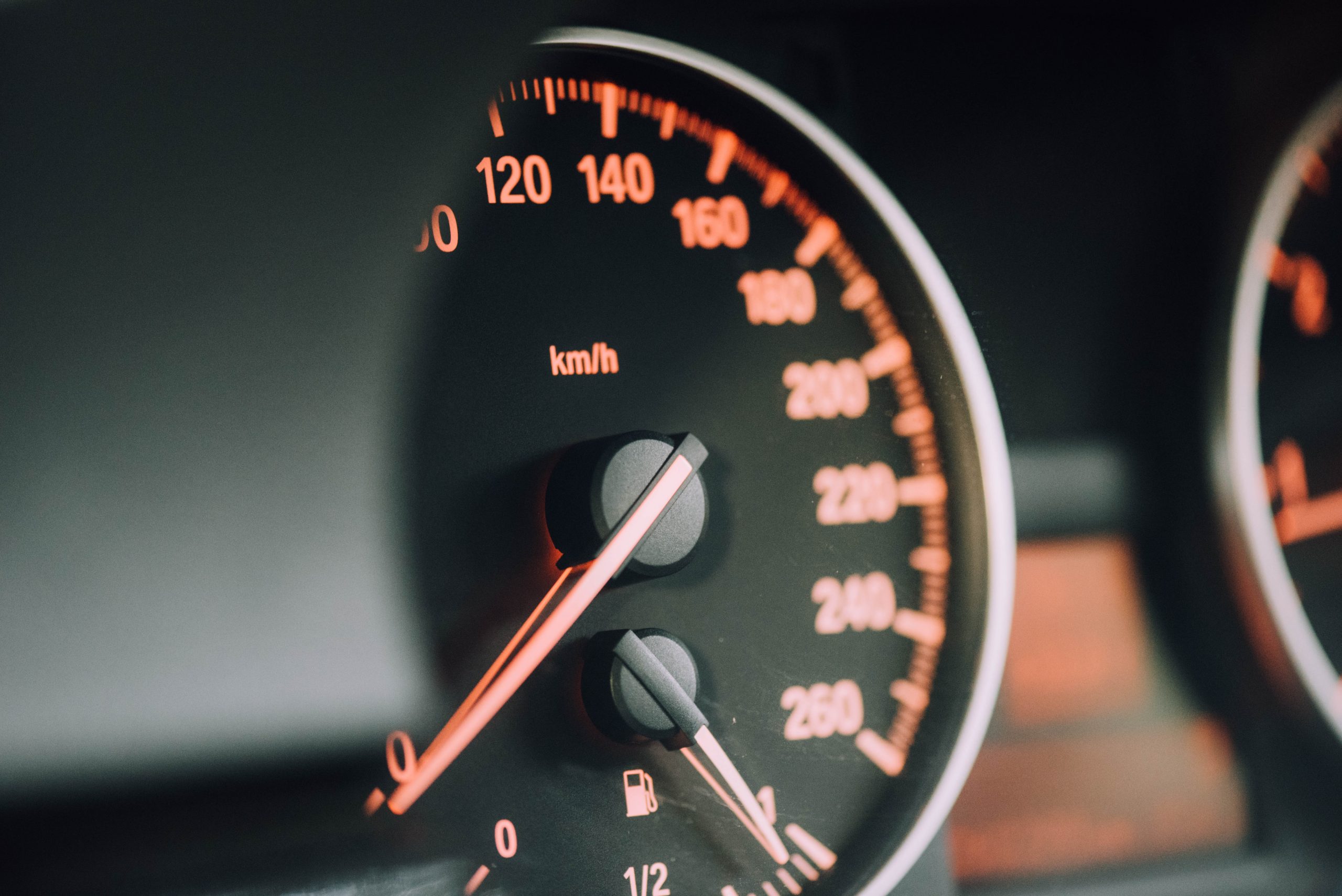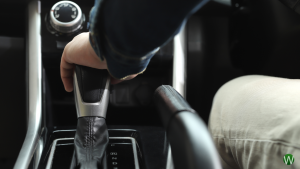When preparing for a practical driving test, one of the most common queries learner drivers have is the differences between major and minor driving faults, often referred to as ‘majors’ and ‘minors’. Understanding the difference between these is crucial for anyone wanting to pass their driving test the first time around. Below we will look at what these terms mean, how many minors and majors you can get on a driving test, and how you can minimise the number of faults you get.
What are Majors and Minors in a Driving Test?
During a driving test, an examiner assesses your ability to drive safely and competently. Any faults made during the test are categorised into two types; driving faults also known as minors and serious or dangerous faults also known as majors;
Major Faults
These are very serious or dangerous faults that pose a risk to either the driver and examiner, pedestrians or other road users. A major fault is a significant error or a series of repeated errors in the same area of driving. Examples include failing to stop at a stop sign, dangerous manoeuvres or loss of control. Sometimes, major faults result in the examiner having to tell you what to do or even taking control of the car.
Minor Faults
These faults are less serious mistakes that don’t immediately endanger the driver or others around them. They are often lapses in concentration or judgement that aren’t ideal but don’t pose a direct risk. Examples might include not checking mirrors frequently enough or forgetting to indicate. While these faults are less serious, accumulating too many can result in a failed test.
How Many Minors Can You Get on a Driving Test?
In the UK, there’s a specific limit on how many minor driving faults you can make on a driving test. Currently, the limit is set at a maximum of 15 minor faults. However, these faults need to be spread over different aspects of driving. Repeating the same mistake in the same area might be considered a major fault, which can result in you failing the test.
It’s crucial to note that minor faults aren’t just ticks on an examiner’s sheet, they represent areas of driving that require improvement. Repeated minor faults in the same area can indicate a significant deficiency in specific driving skills, becoming a cause for concern for the examiner. Therefore, it’s key for learner drivers to demonstrate consistent and safe driving practices throughout their tests, minimising minor faults whenever possible.
How Many Majors Can You Get on a Driving Test?
When it comes to major faults, the tolerance is much stricter when compared to minor faults. Even a single major fault will result in you failing your driving test and this can happen at any time. Major faults are classified as dangerous faults because they represent a serious breach in driving safety or a significant lack of driving skill.
Major faults can arise from a variety of situations such as dangerous manoeuvres, failure to comply with road signs or causing risk to other road users. These faults indicate to the examiner that the driver is not yet ready to drive independently. The strict approach to major faults underscores the importance of thorough preparation. The goal is to ensure that when you take your test, you are fully prepared not only to avoid major faults but to demonstrate a high standard of responsible driving.
Tips for Minimising Faults
Minimising faults during your driving test is key to passing and becoming a competent driver. Understanding and implementing certain strategies can reduce the likelihood of committing both minor and major faults. Here are some essential tips to help you;
Practice Regularly
Consistent practise is the key to passing your driving test. Regular driving lessons are crucial for ironing out bad habits and refining your driving skills. Each lesson is an opportunity to improve and get comfortable with various driving scenarios. Practise in different conditions, such as in traffic, on quiet roads and in different weather conditions, to become a well-rounded driver.
Understand the Criteria
Knowledge is power when it comes to driving tests. Understanding what constitutes a minor and major fault is vital. Your driving instructor is on hand to help in this regard and they can provide insights into the test criteria. Familiarising yourself with guidelines can help in avoiding actions that could lead to faults and focus on driving techniques that are test-friendly.
Stay Calm and Focused
It’s normal to be nervous, but this can impact your driving performance. Learning relaxation techniques can help manage test-day nerves. Stay focused on the task at hand and avoid dwelling on mistakes or worrying about the examiner’s assessment. Remember, a calm and focused mind is more likely to make correct decisions and execute driving manoeuvres effectively.
Learn from Mistakes
Mistakes are inevitable during the learning process, but they are also invaluable learning opportunities. Understand why you made a mistake during your lessons and what you can do to make sure it doesn’t happen again. Reflecting on these mistakes and discussing them with your driving instructor can help ensure that they are not repeated during your practical test.
Mock Tests
Mock tests are an excellent way to prepare for the actual driving test. They simulate the test environment, including the pressure and format of the test. These practice runs with your instructor can help familiarise you with the test structure and timing, offering a rehearsal. This experience can be invaluable in reducing anxiety and boosting your confidence for the real test.
By incorporating these tips into your preparation, you can significantly improve your driving skills and reduce the likelihood of faults during your driving test. Remember, the aim is not just to pass the test but to become a safe and responsible driver.
Prepare for a Driving Test with Wimbledon Driving School
Understanding the difference between minor and major faults, and how they impact your driving test, is crucial for any learner driver. By keeping the number of minors low and avoiding majors, you can increase your chances of passing. At Wimbledon Driving School, we focus on teaching you how to drive safely and confidently, so when it comes to your test, you’re fully prepared.
With a wide range of driving courses available, you can choose a solution that works best for you. From intensive lessons to automatic lessons, our highly qualified driving instructors will provide the guidance you need to pass your test the first time. Contact Wimbledon Driving School today to arrange your driving lessons, we look forward to hearing from you and supporting you on your driving journey.







